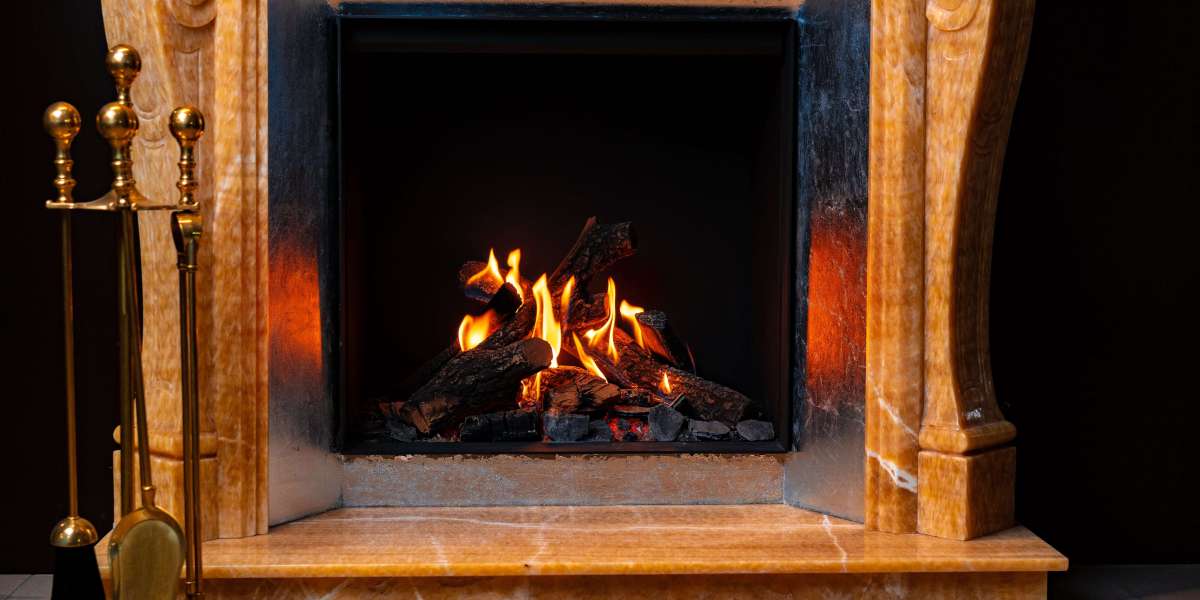A frequent question is "What's the difference between a boiler service and a gas safety checks?" A gas safety check is the minimum requirement to be carried out on any gas appliance every 12 months. It is a process of a certified engineer checking general gas safety and ensuring that the appliance is operating as intended.
 Peace of Mind
Peace of MindA boiler service can give you peace of mind knowing that your heating system will be operated safely. It will also help you save money on energy costs by making sure your heating system is working as efficiently as it can. Regularly checking your boiler's condition will decrease the chance of it crashing, which is a major headache and expense for homeowners.
Gas safety certificates, also known by the acronym CP12 are official documents that verify the safety of gas appliances as well as installations within your home. A Gas Safe registered engineer will typically issue the certificate following an exhaustive evaluation and inspection. The CP12 will include details about the property where the safety check was carried out and also the name and registration number for the engineer who conducted the safety inspection.
Although a gas safety certificate is not required by law for homeowners however it is recommended that you get one every year. This will ensure that your boiler is safe and that you aren't in danger of gas leaks or carbon monoxide poisoning. Furthermore, some home insurance policies require that you possess a gas safety certificate before they can honor the warranty on your boiler.
Landlords are legally required to have an annual gas safety check performed by an Gas Safe registered technician. It is important to ensure that gas appliances, flues, and fittings within a home are safe for use by tenants. If a landlord does not have their gas appliances checked and certified by an Gas Safe registered engineer, they could be subject to charges or even prosecution.
Gas safety checks will check various things, including the pilot light in your boiler to ensure it isn't burning yellow, orange or red. It will also check the ventilation passages to ensure that combustible gases are properly ejected from the building, as well as checking the burner pressure and gas supply. The gas engineer will also examine the flues to ensure that they're free of combustible material.
Legal Compliance
It is essential to comply with legal requirements, regardless of whether you're a landlord or the responsible party for an industrial facility. This will ensure the safety of workers and occupants. A key element of this involves ensuring gas appliances are safe and in good order, which means getting regular boiler maintenance and annual gas safety checks. It's a great method to ensure the safety of your family members and to ensure your system is running efficiently.
Landlords are required to have a gas safety inspection conducted on all gas appliances, fittings and flues at their properties every year. The safety check is carried out by an engineer who is registered with Gas Safe and is intended to ensure that all legal standards are adhered to. Landlords must also provide new tenants with the gas safety certification prior to they move in, and keep the records of each inspection over two years.
A gas safety certification every year is also a great idea for homeowners who plan to sell their home in the near future. This document proves that the boiler, as well as all gas appliances, have been inspected and are safe for use. It can be useful when trying to sell your home or request warranty repairs.
It is important to know the distinction between the boiler service and gas safety certificates. Both processes check and service a gas boiler however, the scope, purpose and legal implications are different. The boiler service is a maintenance procedure while the gas safety certificate is a legal document that guarantees the safety of all the gas appliances and installations that are in the home.
Understanding the differences between the two processes is crucial for landlords and homeowners to ensure security, efficiency, as well as legal compliance. You can ensure that your properties conform to the latest laws by knowing the distinctions between these two documents. With Tradify's ever-growing library gas forms and certificates it's easier than ever before to create documents, fill in, complete and deliver these documents online, so you can satisfy your legal obligations quickly and effortlessly.
Energy efficiency
A boiler service is an excellent way to keep your heating system in top condition. It will not only ensure the security and safety of your heating system, but it will also save you money on energy costs. Inefficient boilers use up more fuel than is necessary which could increase your energy costs substantially. If you keep your boiler in good condition regularly, it will operate more effectively and you won't require as much energy to heat your home.
Gas safety certificates are required by all landlords with properties that have gas appliances. It is a legal document which assures that the appliances and installations of a property are safe to use. The certificate will also identify the engineer who carried out the inspection, and give specific details of any issues that were found. This information is essential to ensure that any hazards that could be a risk are identified and corrected as quickly as possible.
Getting a gas safety certificate is essential for all landlords, and mkgassafety it's also recommended that homeowners obtain one as well. This will put their mind at ease about the safety of their gas appliances and it may even catch any issues early on before they become more serious issues. A gas safety inspection is a possibility to book along with a boiler service or performed separately.
The main difference between a gas safety inspection and boiler services is that a gas safety check inspects all the gas appliances in a property, and ensures they are safe to use. This includes checking for leaks, examining the flues to ensure they aren't blocked, and making sure there is adequate ventilation.
A boiler service, on the other hand is a more comprehensive inspection of the boiler and its components. This will involve removing the front of the boiler and cleaning the inside. It will also include making sure that the burners are operating properly. The engineer will also check the blue pilot flame and take readings for gas flow and pressure. They will also look for any corrosion or damage to the seals and pipework and also ensure that there is sufficient air flow around the flue terminals.
Safety
In the UK, landlords are required to conduct an annual gas safety test and service their tenants' boilers frequently. Regular boiler servicing can help maintain optimal performance and reduce your energy consumption and ensuring that your heating system operates efficiently and safely. It's mandatory for certain home insurance policies.
A boiler service typically involves the engineer checking that all gas appliances in the property are safe to use. This involves looking over the boiler for indications of leakage or corrosion and ensuring that the pilot flame is blue (a yellow, orange, red or purple flame is a sign of a problem). The engineer will also make sure that the boiler has the proper gas pressure and isn't releasing excessive carbon monoxide. They'll also test the ignition system to make sure that the spark is strong enough to ignite the gas and that the burners and heat exchanger are in good condition.
A boiler service doesn't include a Gas Safety Certificate. This will require an appointment on its own. A gas safety certificate is a more comprehensive inspection of all gas appliances that are in the property and includes those that don't require maintenance. It also covers larger installations like central heating systems and fires.
Gas Safety Certificates are required by law before a landlord can rent out a home. The certificate must be given to each tenant and kept in a secure location for reference in the event of any problems with the appliance.
Some property owners choose to use digital copies of their certificates, instead of keeping them on paper. This is a great way to increase efficiency, security, and storage. It's also easier to locate the document if required, and there's a lower chance of it being lost or damaged while moving home. Having an electronic copy of your gas certificate is also beneficial if you plan to sell your property, as it makes it easier to transfer ownership. It's also possible to upload it to your online tenancy tracker so that prospective buyers can see a recent Gas Safety Certificate when they visit.






